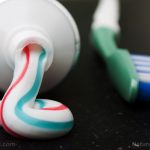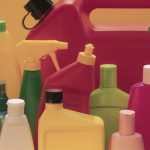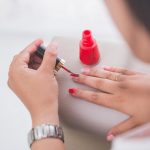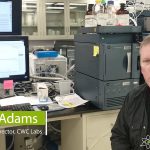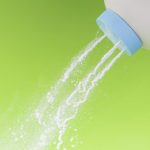
Singaporean authorities find 18 cosmetic products contain high levels of mercury and other dangerous ingredients
Wednesday, May 23, 2018 by Edsel Cook
http://www.products.news/2018-05-23-singaporean-authorities-find-18-cosmetic-products-high-levels-of-mercury.html
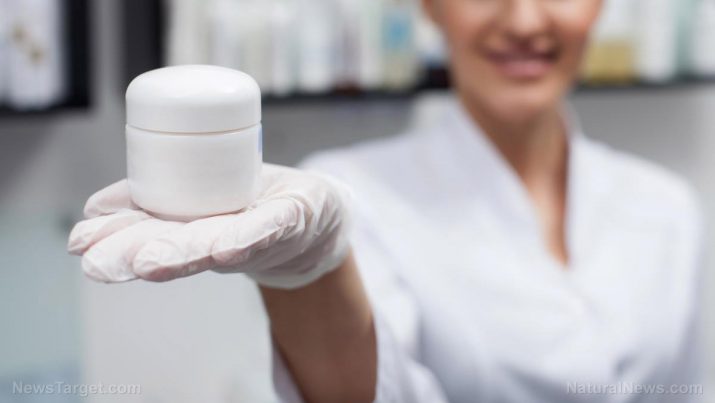
The national health product regulator of Singapore has identified 18 cosmetics that failed to declare the dangerous ingredients they contained. The Health Sciences Authority (HSA) warned that these beauty products contain unsafe levels of mercury and other toxic ingredients, an article in The Straight Times stated.
In a recent statement, the HSA revealed that some of the products have more than 27,000 times the maximum amount of mercury that is considered safe for humans. The products also have hydroquinone (an aromatic derived from benzene), tretinoin, and other ingredients with potentially adverse effects on human health.
Anti-acne treatments, facial toners, night creams, and whitening creams are among the items that ended up on the list. They are available online and at retail outlets, and their manufacturers claim they can enhance the complexion and tone of skin.
The HSA regularly investigated the quality of health products marketed in Singapore. During the course of these studies, the regulatory agency acquired samples for chemical analysis. (Related: The dangerous ingredients in common personal care products.)
The agency assured consumers that it already ordered retail outlets to remove the listed products from their shelves. The HSA also warned the administrators of online shops to take the items off their Web listings.
Cosmetic products contain heavy metals and strong substances from prescription medicines
Mercury is a heavy metal with toxic properties. The HSA forbids its use in cosmetic products.
Constant use of mercury-laden cosmetic products can result in blotches, rashes, and skin discoloration. Exposure to high levels of mercury over long periods of time can lead to serious health problems such as kidney damage, digestive illnesses, and nervous diseases.
As for hydroquinone and tretinoin, the HSA pointed out that they are used in Western prescription medicine to treat skin diseases. They are too powerful for conventional skin care products and are therefore forbidden as well.
The Singaporean agency warned that the use of products with hydroquinone and tretinoin require strict supervision by health service professionals. It warned that incorrect use of hydroquinone can alter the natural color of the skin and possibly lead to burning, rashes, redness, and other skin problems.
The HSA recommended consumers to stop using all of the affected cosmetic products and discard their supplies at once. People who are already experiencing ill effects should consult with their health service professional.
Furthermore, the agency stressed the importance of careful consideration when purchasing cosmetics from online shops or unorthodox sources. Those products might be touted by family or trusted friends, but it is very difficult for an individual to find out what the products contain, where they were made, and how they were manufactured.
In addition, the HSA warned consumers to think twice about believing cosmetic products that embellish their speed and beneficial effects.
Singaporean authorities will punish sellers and suppliers of dangerous health products
As for the online shops and retail stores that feature the banned cosmetic products, the HSA reiterated its warning to stop selling or advertising the items. The agency reminded them of their responsibility to make sure that their products can be safely used, do not contain banned ingredients, and comply with the regulatory requirements of Singaporean law.
The requirements include immediately informing HSA about any potential problems – such as ingredients with potentially adverse effects – before they start hawking or supplying their products. Individuals who supply illegal health products will be penalized with fines that can reach up to $100,000 and/or imprisonment for a maximum of three years.
The HSA declared it will immediately take firm action against sellers and suppliers who dare to profit from dangerous health products.
If you’re worried about potentially dangerous ingredients in your favorite cosmetic products, you can find out more at Cosmetics.news.
Sources include:
Tagged Under: Tags: badcancer, badhealth, badmedicine, beauty products, cosmetic ingredients, cosmetic products, Cosmetics, dangers of cosmetics, Heavy metals, hydroquinone, mercury, mercury exposure, poison, Public Health, regulations on cosmetics, skin care, skin conditions, skin cream, toxic chemicals, toxic elements, toxic ingredients, toxins, tretinoin

